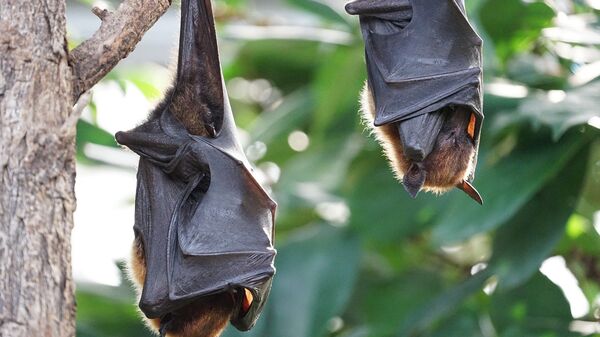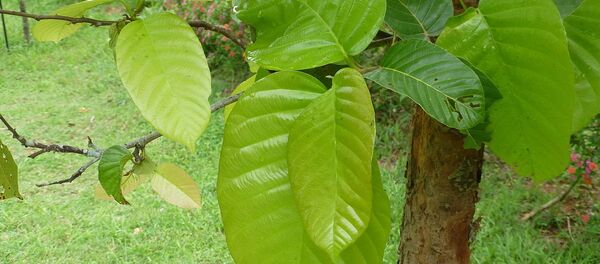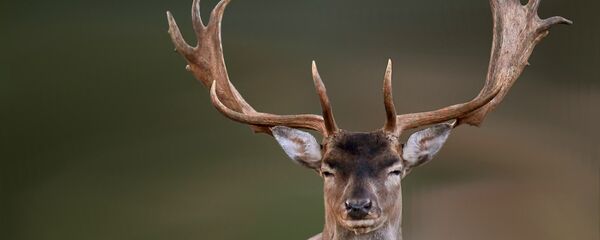Most bats feed on relatively soft food like insects and fruit. But there are six bat species that eat only the flesh or blood of vertebrate creatures. Almost all of them live in the tropics of South America and often switch from the blood of wild animals and birds to the blood of livestock and even people due to massive deforestation and other environmental problems.
For four years, the scientists observed social interactions in a group of about 30 marked vampire bats. They removed individual females from the colony and released them back on the next day. But just before returning them to the group, the researchers also removed those bats' major donors and looked how they coped with such changes.
It turned out females who previously built up more friendships with non-relative bats coped better with their loss. They received more support and food than female bats who only invested in close relatives. "We discovered that on the rare occasion that they lose a major food donor, they do much better. Their social network of food donors is wider and more robust," Gerry Carter, a post-doctoral fellow at the Smithsonian Tropical Research Institute and the author of the new research said.
In such cases, a large number of non-relative bats, who are ready to donate blood to save their friends, promote the survival of individuals and the entire population.




